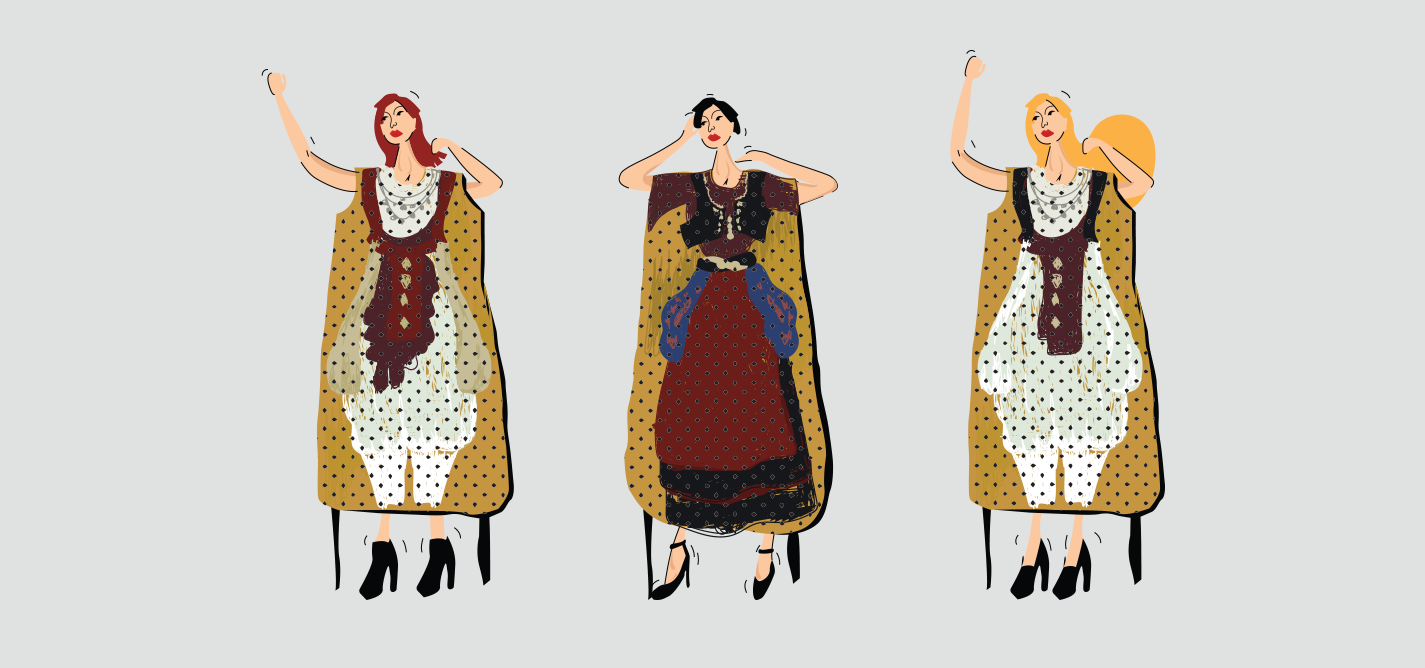
Is feminism compatible with Albanianism?
The influence of tradition vs. the tide of feminism.
Some of the core understandings of Albanian identity can be traced back to phrases such as: “A woman is a sack, made to endure.”
This deafening undertone of sexism has muffled the voices of many women in Kosovo, leading to a number of preventable deaths.
To uproot the lingering sexism stemming from “tradition,” we must try to dismantle and challenge our conditioning by truly observing our treatment of girls and women.
It’s dangerous to tie our Albanian identity, even subconsciously or loosely, to outdated practices written centuries ago.

Eliza Adriani
Eliza Adriani has a bachelor’s degree in Political Economy from King’s College London. She now works at a tech startup in London, however spends her free time writing stories that focus on exploring the human condition.
This story was originally written in English.